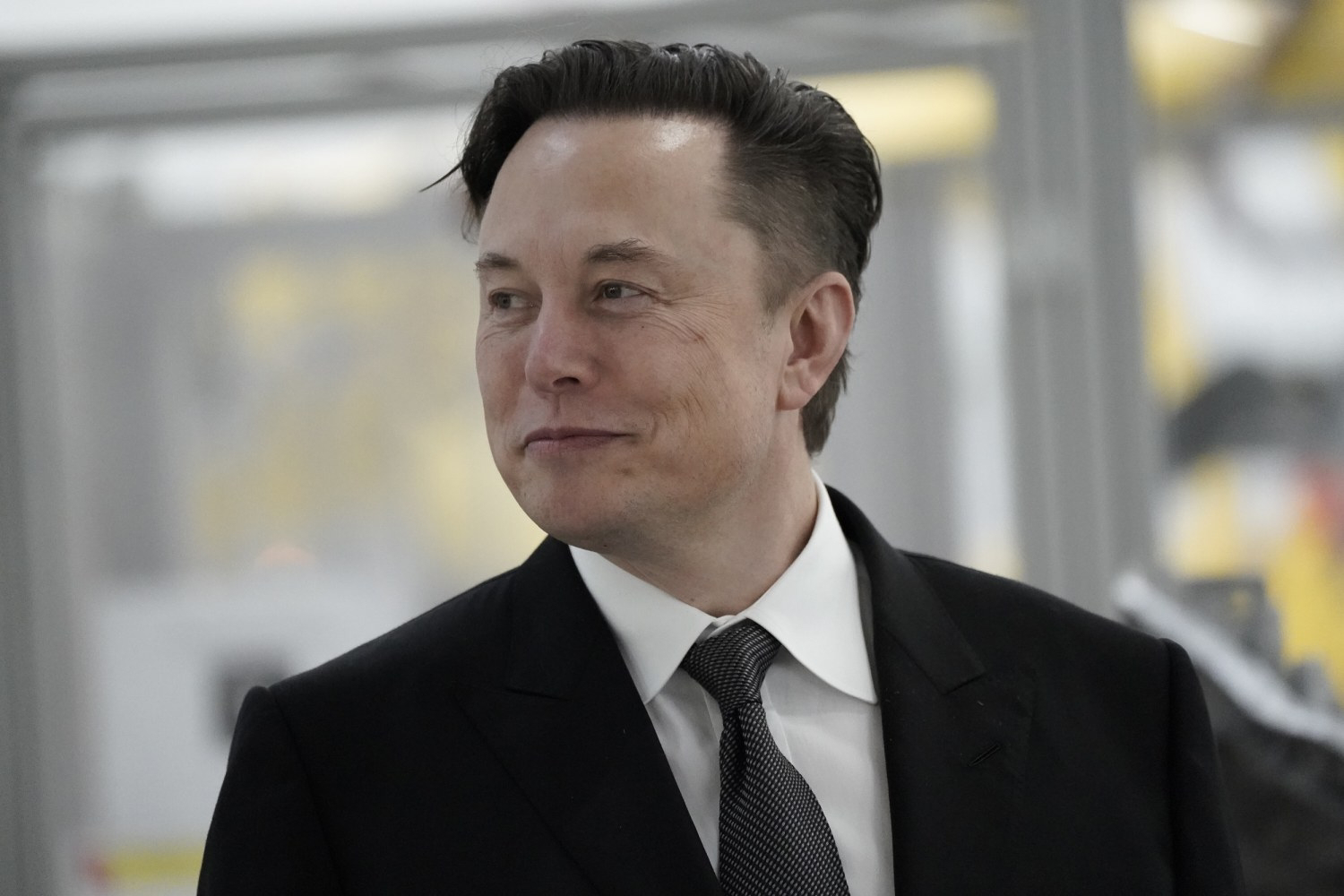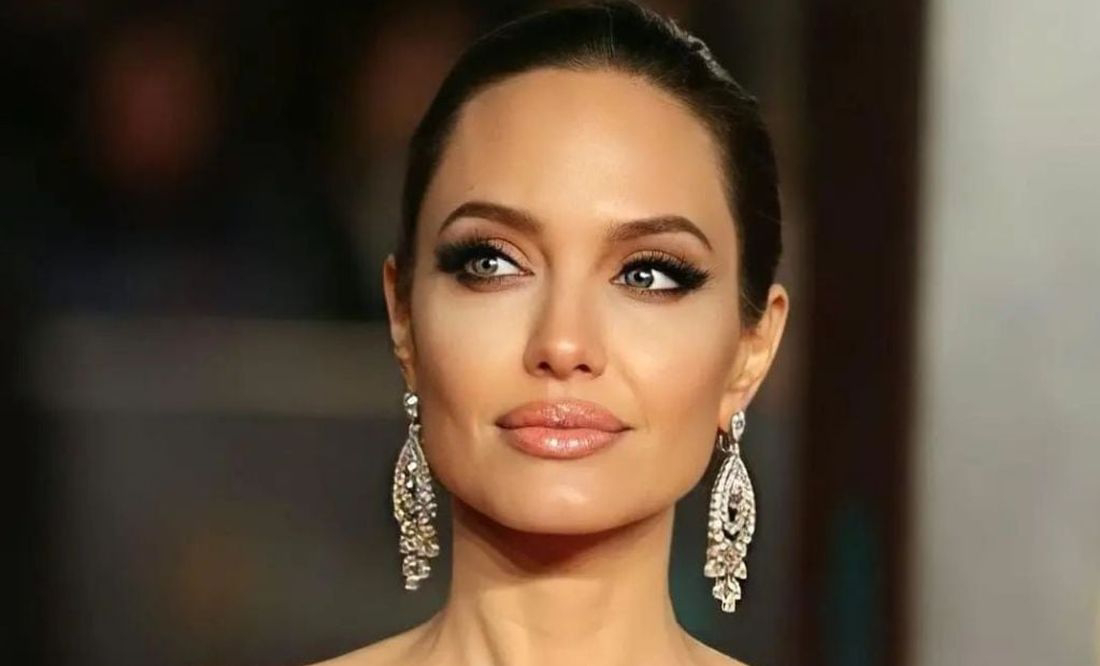Elon Reeve Musk
Elon Reeve Musk
Musk was born in Pretoria, South Africa, and briefly attended the University of Pretoria before moving to Canada at age 18, acquiring citizenship through his Canadian-born mother. Two years later, he matriculated at Queen's University in Kingston, Ontario, and two years after that transferred to the University of Pennsylvania, where he received bachelor's degrees in economics and physics. He moved to California in 1995 to attend Stanford University. After two days, he dropped out and, with his brother Kimbal, co-founded the online city guide software company Zip2. The startup was acquired by Compaq for $307 million in 1999, and with $12 million of the money he made, that same year Musk co-founded X.com, a direct bank. X.com merged with Confinity in 2000 to form PayPal.
In 2002, eBay acquired PayPal for $1.5 billion, and that same year, with $100 million of the money he made, Musk founded SpaceX, a spaceflight services company. In 2004, he was an early investor in the electric vehicle manufacturer Tesla Motors, Inc. (now Tesla, Inc.). He became its chairman and product architect, assuming the position of CEO in 2008. In 2006, he helped create SolarCity, a solar energy company that was acquired by Tesla in 2016 and became Tesla Energy. In 2013, Musk proposed a hyperloop high-speed vactrain transportation system. In 2015, he co-founded OpenAI, a nonprofit artificial intelligence research company. The following year, he co-founded Neuralink—a neurotechnology company developing brain–computer interfaces—and the Boring Company, a tunnel construction company. In 2022, his acquisition of Twitter for $44 billion was completed. In 2023, Musk founded xAI, an artificial intelligence company.
Musk has expressed views that have made him a polarizing figure. He has been criticized for making unscientific and misleading statements, including that of spreading COVID-19 misinformation, and promoting conspiracy theories. In 2018, the U.S. Securities and Exchange Commission (SEC) sued Musk for falsely tweeting that he had secured funding for a private takeover of Tesla. To settle the case, Musk stepped down as chairman of Tesla and paid a $20 million fine.
Elon Reeve Musk was born on June 28, 1971, in Pretoria, one of South Africa's capital cities. Musk has British and Pennsylvania Dutch ancestry. His mother is Maye Musk (née Haldeman), a model and dietitian born in Saskatchewan, Canada, and raised in South Africa. His father, Errol Musk, is a South African electromechanical engineer, pilot, sailor, consultant, and property developer, who partly owned a Zambian emerald mine near Lake Tanganyika. Musk has a younger brother, Kimbal, and a younger sister, Tosca.
Musk's family was wealthy during his youth. His father was elected to the Pretoria City Council as a representative of the anti-apartheid Progressive Party and has said that his children shared their father's dislike of apartheid. His maternal grandfather, Joshua Haldeman, was an American-born Canadian who took his family on record-breaking journeys to Africa and Australia in a single-engine Bellanca airplane. After his parents divorced in 1980, Musk chose to mostly live with his father. Musk regretted his decision and has become estranged from his father. He has a paternal half-sister and a half-brother.
Maye Musk has said of her son that he "was shy and awkward at school" and "didn't have many friends". At age ten, he developed an interest in computing and video games, teaching himself how to program from the VIC-20 user manual. At age twelve, he sold his BASIC-based game Blastar to PC and Office Technology magazine for approximately $500.
Musk attended Waterkloof House Preparatory School, Bryanston High School, and Pretoria Boys High School, from where he graduated. Musk applied for a Canadian passport through his Canadian-born mother, knowing that it would be easier to immigrate to the United States this way. While waiting for his application to be processed, he attended the University of Pretoria for five months.
Musk arrived in Canada in June 1989 and lived with a second cousin in Saskatchewan for a year, working odd jobs at a farm and lumber mill. In 1990, he entered Queen's University in Kingston, Ontario. Two years later, he transferred to the University of Pennsylvania (UPenn), where he completed studies for a Bachelor of Arts degree in physics and a Bachelor of Science degree in economics from the Wharton School. Although Musk claims he earned the degrees in 1995, UPenn maintains it awarded them in 1997. He reportedly hosted large, ticketed house parties to help pay for tuition, and wrote a business plan for an electronic book-scanning service similar to Google Books
In 1994, Musk held two internships in Silicon Valley: one at energy storage startup Pinnacle Research Institute, which investigated electrolytic ultracapacitors for energy storage, and another at Palo Alto–based startup Rocket Science Games. In 1995, he was accepted to a PhD program in materials science at Stanford University. However, Musk decided to join the Internet boom, instead dropping out two days after being accepted and applied for a job at Netscape, to which he reportedly never received a response
In early 2001, Musk became involved with the nonprofit Mars Society and discussed funding plans to place a growth-chamber for plants on Mars. In October of the same year, he traveled to Moscow with Jim Cantrell and Adeo Ressi to buy refurbished intercontinental ballistic missiles (ICBMs) that could send the greenhouse payloads into space. He met with the companies NPO Lavochkin and Kosmotras; however, Musk was seen as a novice and the group returned to the United States empty-handed. In February 2002, the group returned to Russia with Mike Griffin (president of In-Q-Tel) to look for three ICBMs. They had another meeting with Kosmotras and were offered one rocket for $8 million, which Musk rejected. He instead decided to start a company that could build affordable rockets. With $ 100 million of his own money, Musk founded SpaceX in May 2002 and became the company's CEO and Chief Engineer.
SpaceX attempted its first launch of the Falcon 1 rocket in 2006 Though the rocket failed to reach Earth orbit, it was awarded a Commercial Orbital Transportation Services program contract from NASA Administrator (and former SpaceX consultant) Mike Griffin later that year. After two more failed attempts that nearly caused Musk and his companies to go bankrupt, SpaceX succeeded in launching the Falcon 1 into orbit in 2008. Later that year, SpaceX received a $1.6 billion Commercial Resupply Services contract from NASA for 12 flights of its Falcon 9 rocket and Dragon spacecraft to the International Space Station, replacing the Space Shuttle after its 2011 retirement. In 2012, the Dragon vehicle docked with the ISS, a first for a commercial spacecraft.









Comments
Post a Comment